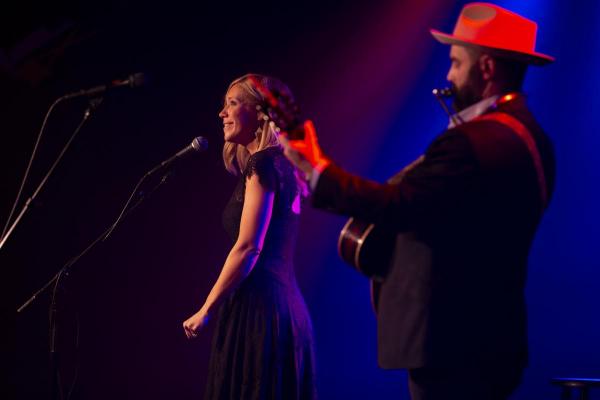Feb 13, 2019
Christian music singer/songwriter Ellie Holcomb released her first children's album, Sing: Creation Songs, in September with an accompanying children's book called Who Sang the First Song?. In January, she and her partner, Drew Holcomb, frontman of Drew Holcomb and the Neighbors, dropped an EP called Electricity.
Read the Full Article

Already a subscriber? Login
